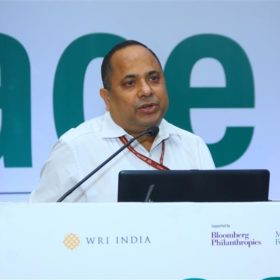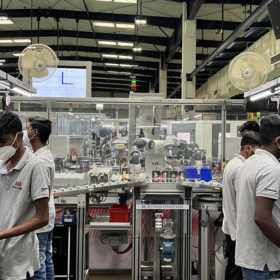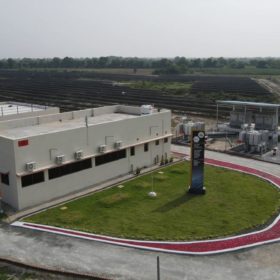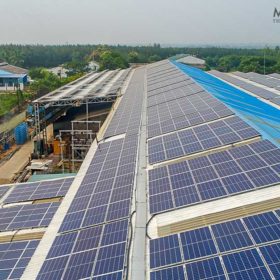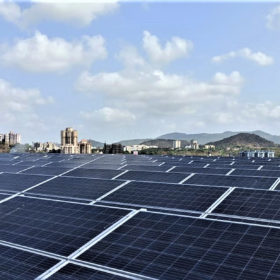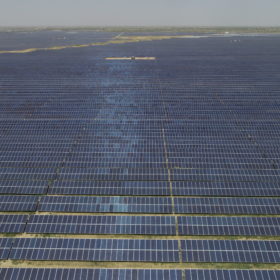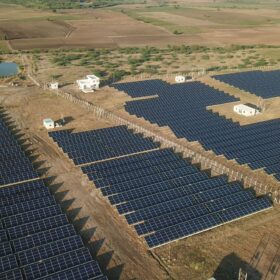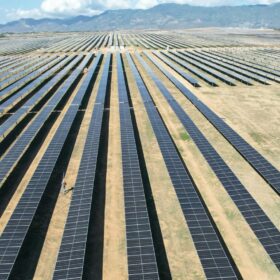WRI India hosts Accelerating Clean Energy 2022
On Day 1, industry experts discussed the role of states’ renewable energy agencies and strategies to accelerate the pace of energy transition in Indian cities.
Prescinto secures deal with energy storage major in USA
Gujarat-based Prescinto, which provides software-as-a-service (SaaS) solutions for clean energy asset management, has expanded beyond wind and solar into the rapidly accelerating energy storage market and added North America to its growing international portfolio.
ABB India upgrades smart power factory to Industry 5.0
ABB has adopted Industry 5.0 production processes at its smart power solutions factory in Bengaluru. With “cobots” working alongside humans, the factory’s productivity has improved by 40%, while energy productivity has gone up by more than 15%.
GreenPowerMonitor provides tech for solar-plus-storage project in Gujarat
Mahindra Susten has selected GreenPowerMonitor’s power plant controller and energy management system for a 6 MWp solar array and 15 MWh battery storage installation. The project will supply 24/7 power for the town of Modhera, Gujarat.
Webdyn India crosses 4.2 GW mark, Fimer supplies inverters for solar-plus-storage project
Webdyn’s Indian unit has supplied remote monitoring tech and hybrid power management solutions for 4.2 GW of solar plants since 2015, while Italian inverter maker Fimer has supplied its 1 MVA inverters for a new integrated solar-plus-storage project in Gujarat.
Delhi discom deploys digital data platform for solar energy management
BSES Yamuna Power Limited has deployed a digital solution pilot project that predicts the energy demand at consumption points like electric vehicle charging stations and energy generation capacity at solar rooftops. This will help the utility plan to store excess energy by considering the distribution congestion and commercial aspects.
Tata Power and Social Alpha launch net-zero accelerator program for industries
The ‘Net-Zero Industry Accelerator’ program will prioritize industries with the highest carbon footprints and assure a robust ecosystem to support a new generation of entrepreneurs as they take disruptive climate-tech innovations for industrial decarbonization from the lab to market.
Blockchain technology in renewable energy
The present system of the energy sector is centralized due to which the prosumer’s and consumers’ direct connection is yet to be formed. It’s due to persisting challenges like transaction efficiency, security and data transparency in the Indian energy market. The blockchain is a data-driven technology that helps create a very transparent process in data sharing among the peers involved in the system and sort out the challenges persisting in the energy market.
Sodium-ion battery tech gets commercial testing in UK
Harwell Campus will provide a testbed for energy storage technologies coming from three U.K.-based innovative businesses, bringing their solutions one step closer to the market.
Moving from energy-efficient buildings to energy-generating buildings
To achieve the government’s ambitious renewable energy targets, and integrate the two growing sectors of infrastructure and construction and renewable energy, the existing policies and codes for green buildings need to be further enhanced. Most of these rules need to include specific details about energy generation. Right now, these are more to do with energy efficiency.
